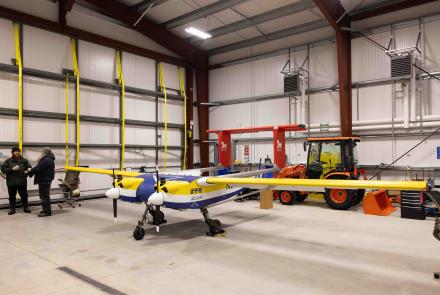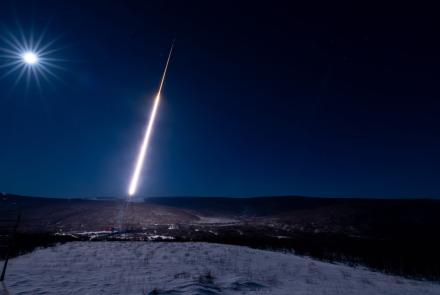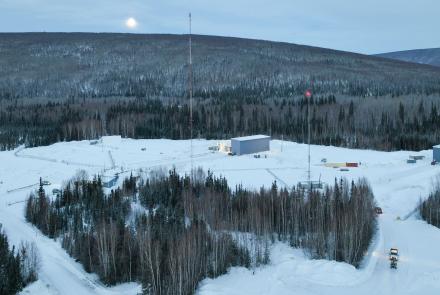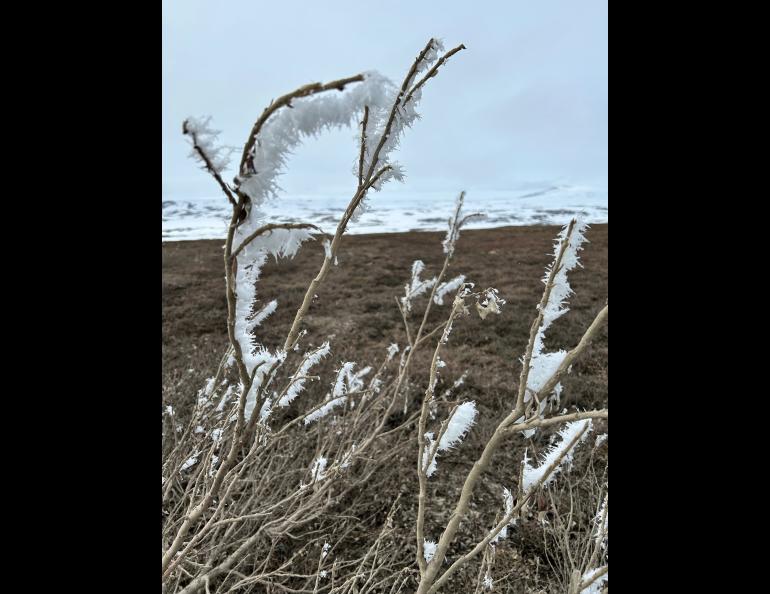
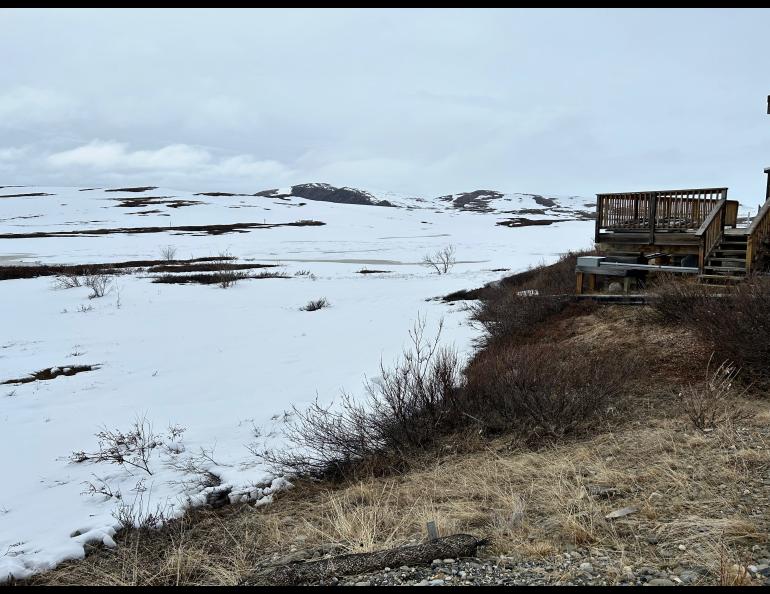
Alaska climate report: May 2025 kept its cool
The month of May was noticeably cooler around Alaska, but data from the Alaska Climate Research Center at the University of Alaska Fairbanks show that monthly mean temperatures weren’t much below normal.
It was enough, however, to get people talking about it.
Most of the 19 selected monitoring stations reported overall temperatures from two-tenths of a degree Fahrenheit below normal to 2.4 degrees below normal. Only Homer, McGrath and Nome reported warmer than average conditions.
“Neither the cool nor the warm anomalies were very large this month, but it was quite consistently a bit cooler than average,” said Lea Hartl of the Alaska Climate Research Center. “A month of mostly cool weather is quite noticeable, even if the deviations aren't huge.”
“About three quarters of the month was cooler than the 1991-2020 climate normal in Fairbanks, and the remaining ‘warm’ days weren't very far above the normal,” she said.
The Alaska Climate Research Center, a part of the UAF Geophysical Institute, released its May summary earlier this month.
Center Director Martin Stuefer, who is also the state climatologist, noted that the cooler temperatures across the North Slope delayed the snowmelt. Melt had not started at some watersheds north of the Brooks Range even by early June.
“The current snow cover is at a record high for the time of the year,” he said. “There is some concern about flash flooding the more the snow melt is delayed since temperatures may increase rapidly, causing a very fast snow melt.”
Other May highlights:
• Fairbanks typically sees the first day with a maximum temperature of 70 degrees or higher in mid- or late May. This year Fairbanks did not reach 70 degrees in May.
• Monthly precipitation shows a roughly diagonal split between drier than average conditions in the north and northwest and more precipitation than normal in the south and southeast. Kotzebue and Nome were the driest stations this month in relative terms with 23% and 27% of their average May precipitation, respectively, followed by Bettles with 37%. The wettest stations in May relative to normal were Ketchikan at 295%, Gulkana at 280% and Talkeetna at 224%. Fairbanks, Anchorage, Yakutat, Kodiak and Cold Bay had between about 5% and 20% more precipitation than normal.
• River breakup was in full force in May. A flood advisory was issued for the Kuskokwim River between Aniak and Kalskag in early May due to an ice jam, but flooding remained minimal. Bethel and Napakiak were affected by minor flooding as the break up front moved downriver. Break up on the Yukon also got underway. Minor flooding was observed in Fort Yukon. Circle and Eagle did not see ice jam flooding this year.
• Martin Stuefer, Alaska Climate Research Center, mstuefer@alaska.edu
• Rod Boyce, University of Alaska Fairbanks Geophysical Institute, 907-474-7185, rcboyce@alaska.edu

